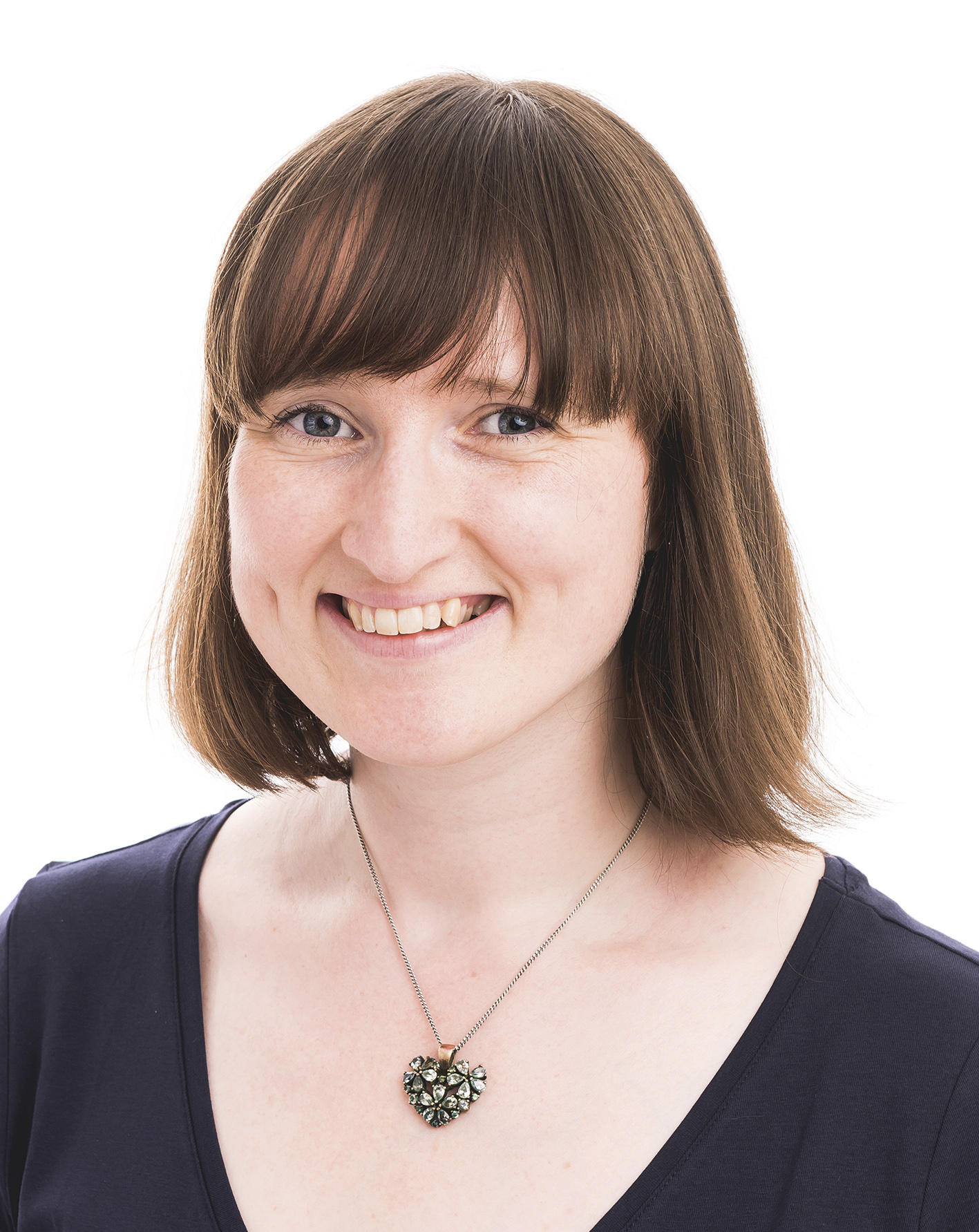The English performer started his musical life as a violinist before becoming a conductor and founding the Academy of St Martin in the Fields, which has become one of the world's leading chamber orchestras. Marriner made hundreds of recordings, and in this interview from March 2016, he picked out some of the highlights.
My finest moment Elgar In the South (Alassio); Symphony No. 1 Academy of St Martin in the Fields/Sir Neville Marriner Collins Classics CC-1269 (1991)
This was the first time I realised the enormous potential the Academy of St Martin in the Fields for playing symphonic works rather than just chamber music works. It was important in the development of the Academy and its repertoire. The ensemble burst forth in a way that it hadn’t had an opportunity to do before, with extraordinary confidence, particularly in In the South. You can always convert the refinement of a chamber orchestra into a very good symphony orchestra. It doesn’t lose any of its intelligence when it’s playing big works. With a symphony orchestra if you try to persuade it to play chamber-orchestral music it’s more difficult. With a chamber orchestra there’s nowhere to hide. Every player is on show. This Elgar was a revelation. As an English conductor you are always drawn to your own repertoire, and it’s music I grew up with. I was taught by William Henry Reed, a close friend of Elgar. But it’s the music itself that quickly draws musicians together.
My fondest memory Arie Amorose: Italian Baroque arias Janet Baker (mezzo-soprano); Academy of St Martin in the Fields/Marriner Philips 475 1612 (1978)
This is an extraordinary record but it’s rather sad in a way. The mezzo Janet Baker and I were making this recording together of Arie Amorose, Italian love songs, way back in 1978. Extraordinarily in that one week, Janet’s mother died and my father died. And we had to debate whether to continue to record. But we decided to go ahead. A voice like Janet’s is enormously sensitive, but her control was quite extraordinary, as was her ability to pull herself together and work. Looking back on it, it would be very hard to recreate the particular emotional intensity that crept into that performance. It’s probably in our imaginations, but we both agreed there was something rather special about this recording.
I’d like another go at… Mozart The Marriage of Figaro Barbara Hendricks, José van Dam, Lucia Popp, Felicity Palmer et al; Ambrosian Opera Chorus; Academy of St Martin in the Fields/Marriner Decca 470 5732 (1990)
I have to be honest – if I listen to my records nowadays I don’t think there’s one I wouldn’t wish to do again. The big productions are especially vulnerable. With the first major symphonies I think now: ‘Oh, it would be wonderful to have a little more weight.’ And then in the first oratorios I think, ‘I wish I had a bit less weight and a bit more lightness.’ With the first opera, I now think: ‘Gosh, I wish I had more imagination.’ So it’s very difficult to pick just one. On the other hand I’ve just listened to a 1964 recording of Handel Concerti Grossi we’ve just produced and I realise that the freshness and vitality we had then would be very hard to get now. But I think given a choice that I would like to start again with a Mozart opera, The Marriage of Figaro. It was the first one we recorded. Time and time again around the world now we play the overture as an encore piece. But just the overture is not entirely satisfying and I always want to go on.
Related Articles:
